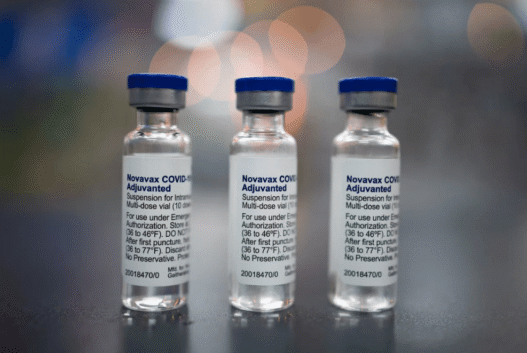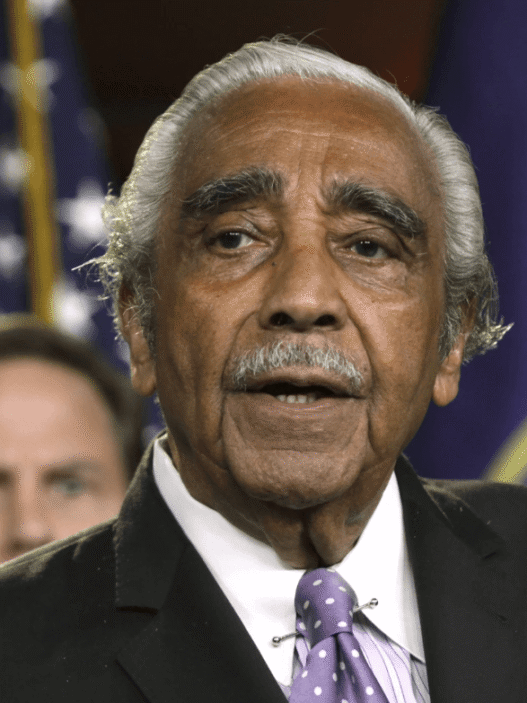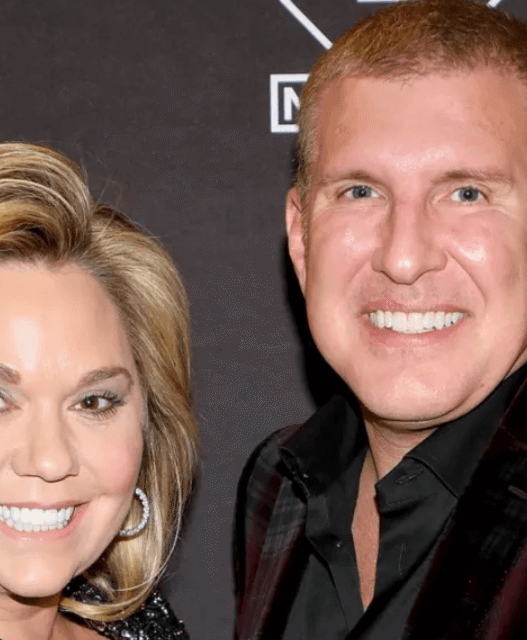The U.S. Food and Drug Administration (FDA) is changing how it approves COVID-19 vaccines, potentially limiting future access to shots to adults aged 65+ and those at higher risk for severe illness. This shift, outlined by Dr. Vinay Prasad and FDA Commissioner Dr. Marty Makary in the New England Journal of Medicine, aligns U.S. vaccine policy with those of the UK, Canada, and Australia.
Under the new framework, updated vaccines may no longer be broadly available to healthy adults and children unless manufacturers conduct placebo-controlled trials proving clinical benefits. These trials are costly and time-consuming, and it’s unclear whether companies like Pfizer, Moderna, or Novavax will pursue them.
Instead, the FDA will accept immunobridging studies, which measure antibody levels, for high-risk groups. This approach allows quicker approvals and production ahead of expected seasonal COVID-19 waves. However, people aged 50–64 may fall into a gray area as FDA officials say the global evidence for benefit in that group remains uncertain.
While public health experts like Dr. Noel Brewer support aligning with international guidelines, others, such as Dr. Paul Offit and Dr. Jodie Guest, criticize the change. They warn it overlooks benefits like reduced risk of long COVID, heart complications, and community protection.
Critics also worry about vaccine equity and access, especially since the new policy requires proof of underlying conditions for eligibility—something pharmacies may not verify.
Prasad and Makary argue the change is needed to restore public trust, citing declining vaccine uptake over recent years. However, Offit counters that lower vaccination rates are due more to reduced public concern and “booster fatigue” than mistrust.
The FDA’s plan may affect 100 to 200 million Americans who have CDC-defined risk factors, but it leaves others—especially the young and healthy—waiting for more research or potentially left without access to updated shots.





















